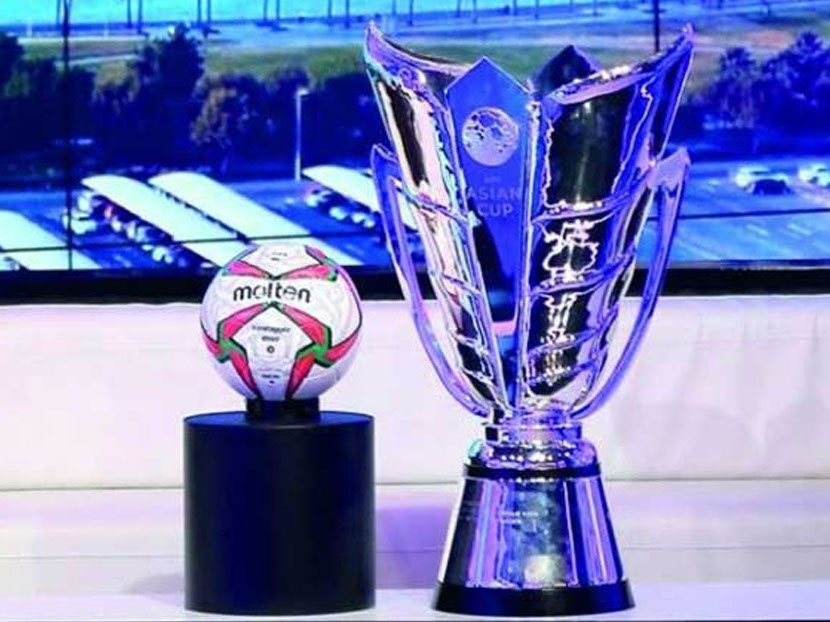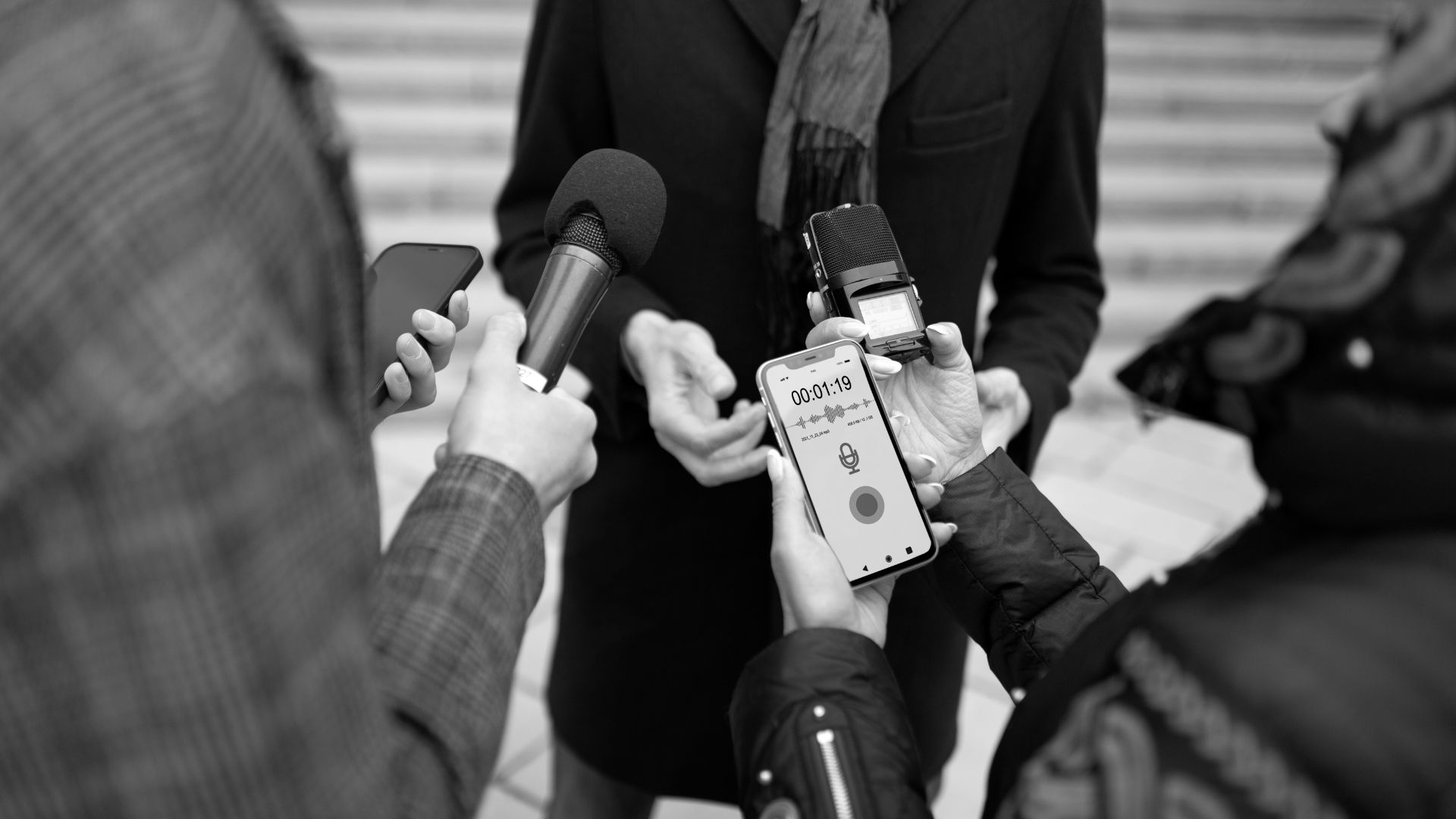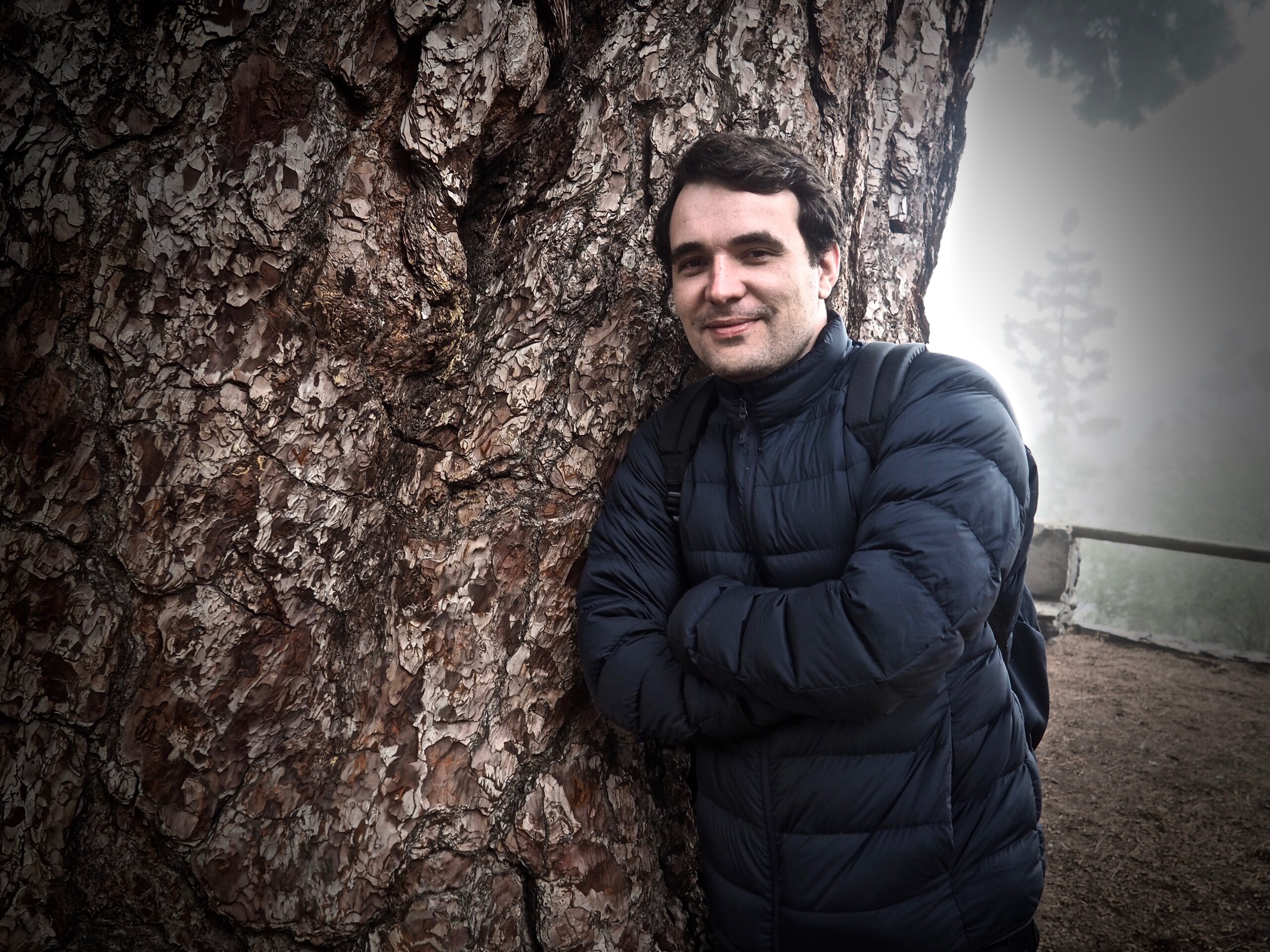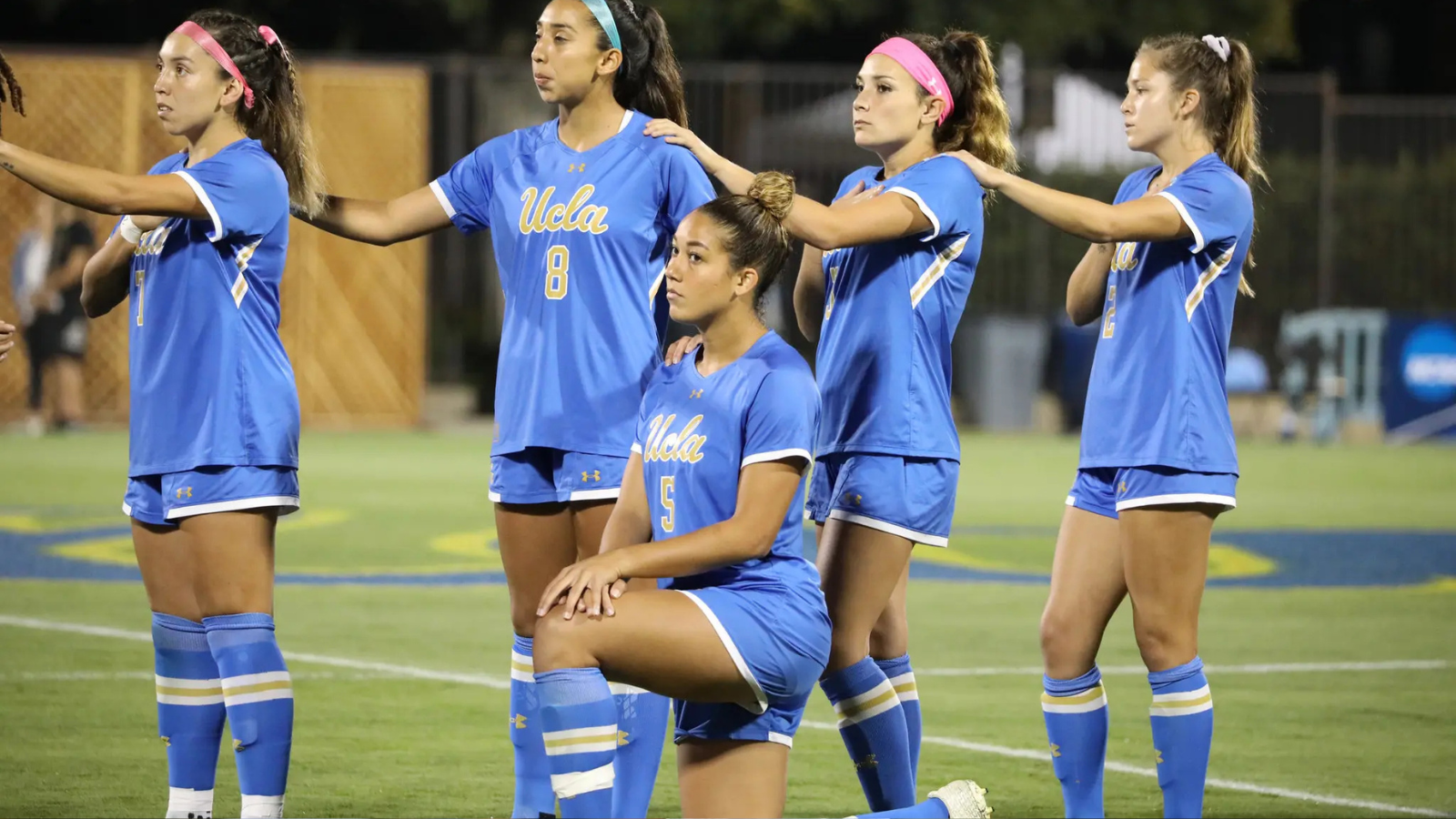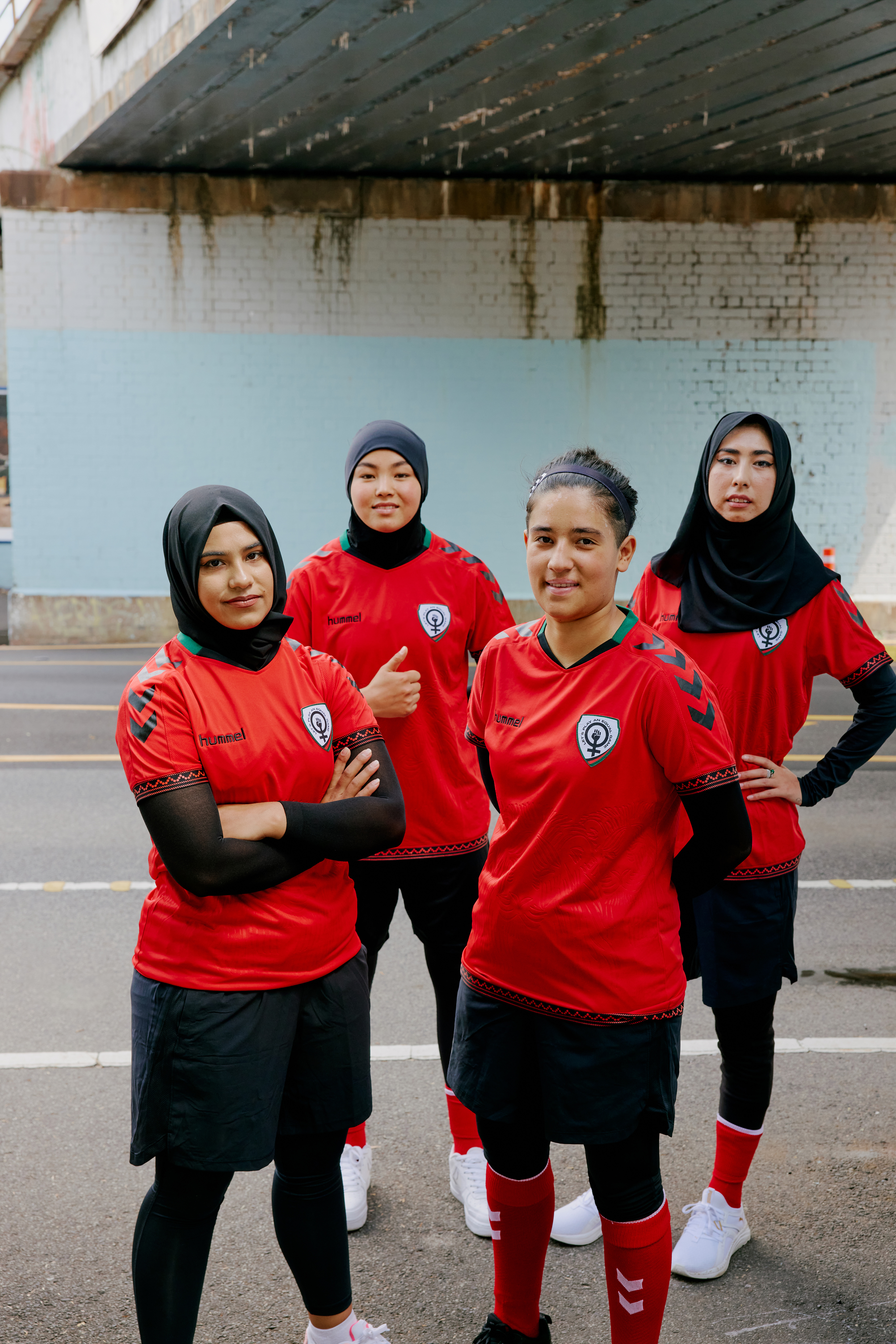Shaikh Salman bin Ebrahim Al Khalifa
President
Asian Football Confederation (AFC)
June 2, 2020
Re: Requirements for Human Rights, Labour Rights, Anti-Corruption and Stakeholder Involvement for Asian Cup 2027 Bidding Procedure
Dear President Shaikh Salman,
The Sport & Rights Alliance (SRA) is a global coalition of leading NGOs and trade unions working together to embed human rights and anti-corruption across world sport and to promote the rights and well-being of those most affected by human rights risks associated with the delivery of sport.
As you know, since 2016 FIFA has enshrined its responsibility to respect human rights in Article 3 of the FIFA Statutes, employed specialized staff members in human rights roles and set up a complaints mechanism for human rights abuses. These are landmark steps towards ensuring that human rights violations connected to sports are prevented and remedied.
The SRA appreciates that the Asian Football Confederation (AFC), too, “is committed to respecting all internationally-recognised human rights and shall strive to promote the protection of these rights” according to Article 3 of the AFC Statutes.
As the AFC prepares for the close of bids for the 2027 Asian Cup, the SRA would like to know what have been the mitigation measures already taken by the AFC to ensure that human rights are fully respected in the bidding for, as well as organization and delivery of, this event.
In order to live up to AFC’s Statutory commitment, two critical steps should be taken towards ensuring that the 2027 Asian Games can be celebrated not only for their sporting glory but also for “bringing Asian football to even greater summits of excellence”, as you mention on your vision statement.
The first step is to include in the bidding criteria and accordingly in the Hosting Agreement for 2027:
- The standards of the International Labour Organization (ILO), in particular the core ILO Conventions covering freedom of association, the right to collective bargaining, protection from discrimination in employment and eliminating forced labour and child labour;
- Concrete and measurable human rights impact indicators, in particular of the rights to freedom of expression and assembly, the right to housing, and the protection of LGBTI persons, human rights defenders, journalists, persons with disabilities, and child rights specific provisions.
- A robust due diligence procedure shall be put in place to ensure that the tournament does not cause or contribute to human rights violations or abuses. This should apply in the preparation and staging of the sporting event, keeping in mind the responsibility of the host state to protect against human rights abuses by third parties, including business enterprises;
- An inclusive, effective and transparent human rights grievance mechanism, ensuring access to UN Guiding Principles compliant and timely remedies for all affected by sport; and
- Measures to ensure that the AFC complies with the highest standards of anti-corruption and business integrity, including access to independent journalists.
All these standards — similarly applied by FIFA for the FIFA World Cup 2026 — should not be based on goodwill, but must be non-negotiable and binding for all stakeholders.
The second step is to develop from the very beginning an independent monitoring mechanism to make sure promises made in the bidding phase and fixed in the Hosting Agreement are adhered to over the lifetime of the event.
Expert organisations and stakeholders — both local and international — should be consulted and involved in this process from an early stage to ensure transparency and accountability of its implementation as much as possible.
As members of the SRA, we look forward to your response, offer our support and remain at your disposal for any questions you may have and for further in-depth consultation.
Sincerely,
Andrea Florence
SRA Coordinator
On behalf of the Sport & Rights Alliance
About the Sport & Rights Alliance
The Sport & Rights Alliance’s mission is to promote the rights and well-being of those most affected by human rights risks associated with the delivery of sport. Its partners include Amnesty International, Committee to Protect Journalists, Football Supporters Europe, Human Rights Watch, ILGA World (The International Lesbian, Gay, Bisexual, Trans and Intersex Association), the International Trade Union Confederation, Transparency International Germany, and World Players Association, UNI Global Union.
